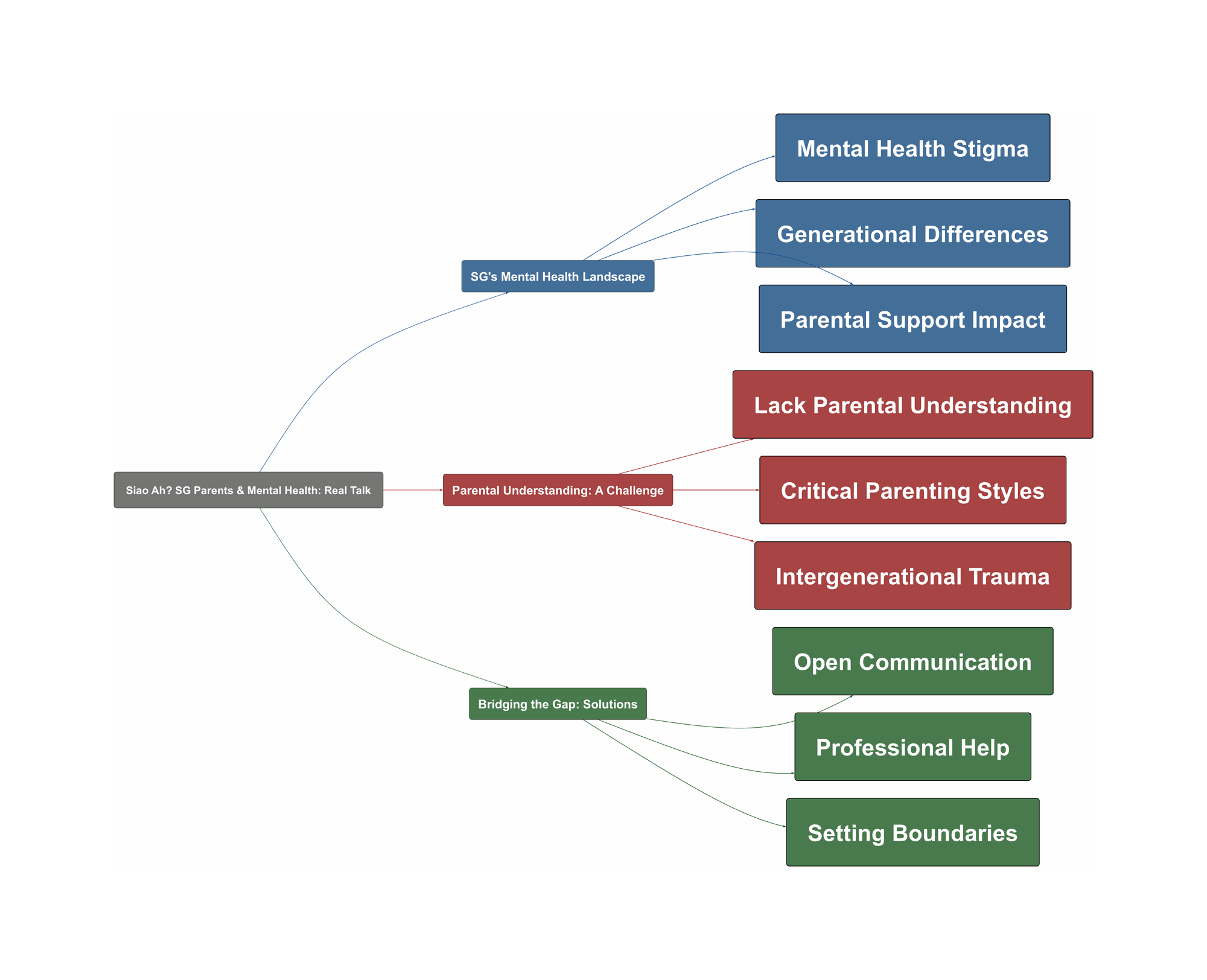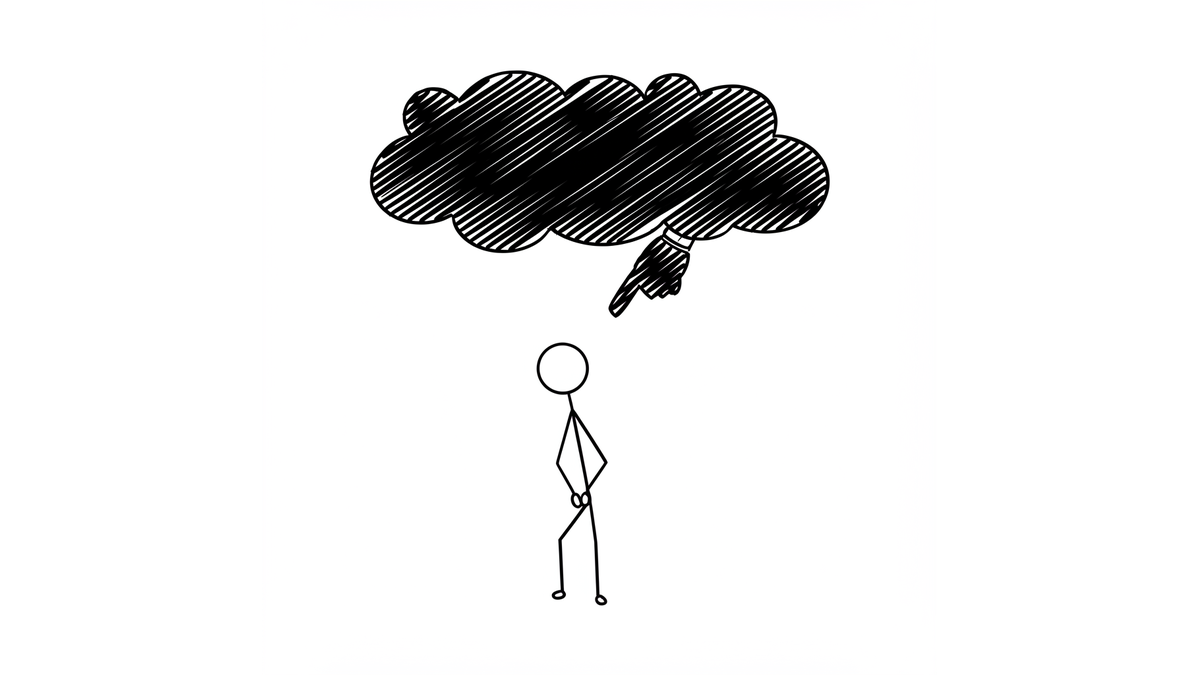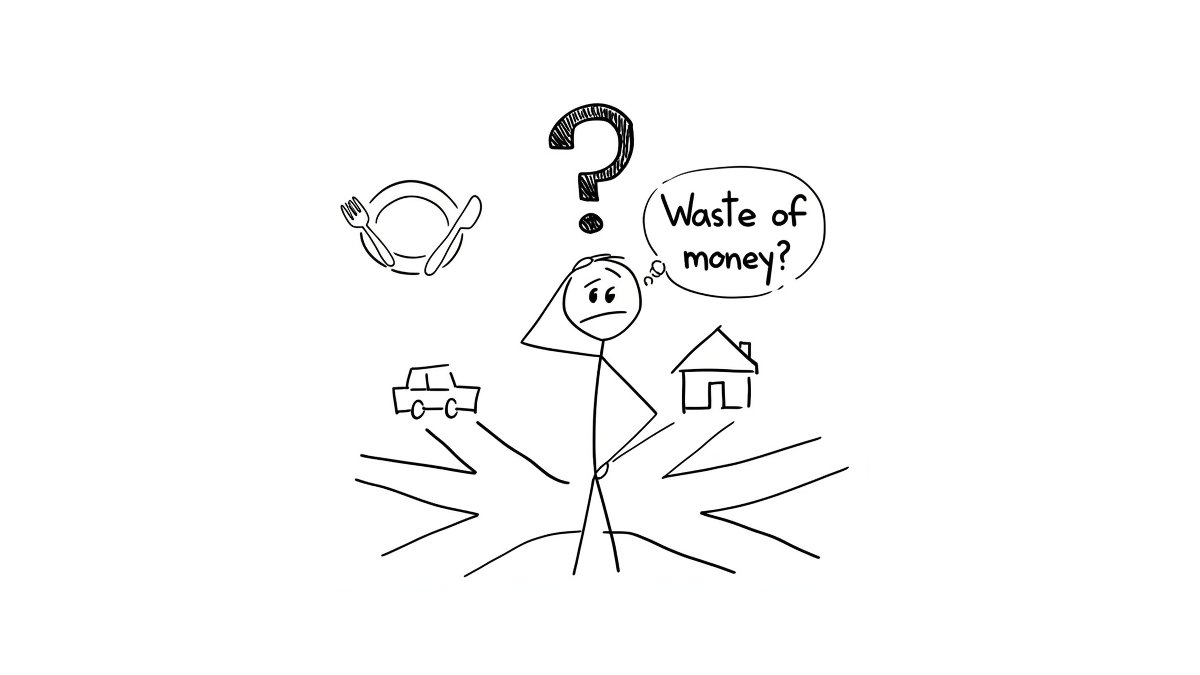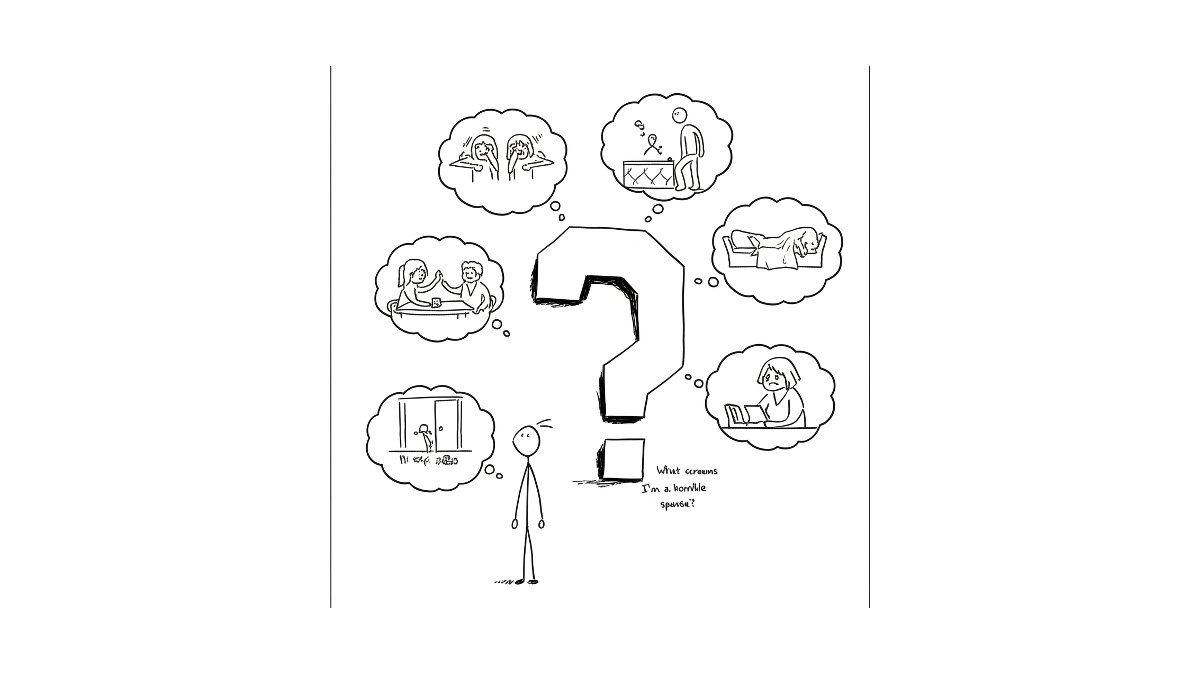Eh, Singaporeans, ever feel like your parents just don’t get your mental health struggles? Like they think you’re just ‘overthinking’ or need to ‘toughen up’? You’re not alone. Many Singaporeans face this generational gap when it comes to mental well-being.
SG’s Mental Health Landscape
- Mental health awareness is growing, especially among younger Singaporeans. More people are seeking help and talking about their experiences.
“I’m in my 30s and I am prone to anxiety but never got diagnosed. I went to therapy by the sponsorship of my company (thankfully) and am in a much better shape now.”
- However, older generations often lack understanding and may dismiss mental health issues as weakness or ‘illness of the soul’. This can stem from cultural beliefs and a lack of education on mental health.
“My mother once yelled at me ‘Why can’t you just be normal?!??’ She said that I would end up in a padded cell in a straightjacket at Woodbridge Hospital.”
- A Reddit user shared that they were only able to start treatment after earning their own money, highlighting the financial barriers and the need for independence to seek help.
Parental Understanding: A Challenge
- Many Singaporeans with mental health issues feel unsupported and misunderstood by their parents. Parents may offer unhelpful advice like ‘just think positively’ or dismiss their children’s feelings.
“Whenever this topic came up to my parents they mostly say my mind is just too weak, just think more positively.”
- Critical parenting styles can significantly impact a child’s self-esteem and mental health. Children may internalize their parents’ harsh comments and constantly feel ‘not good enough’.
“Not a parent but from my experience, many children having self esteem/mental health issues seem to have critical parents. They often feel not good enough for their parents.”
- Some parents may even become a source of trauma, leading to conditions like PTSD, as one user shared their experience of parental abuse and its impact on their mental health.
Bridging the Gap: Solutions
- Open communication, while challenging, is essential. Educate your parents about mental health and share your experiences in a way they can understand.
“I demanded an apology from my parents in their face after I grew up, and demanded that they apology for their suppressive way of education and causing me to not grow up normally or fully loved.”
- Seek professional help. Therapists can provide support and guidance for both you and your parents. Explore company-sponsored therapy if available.
“I would get them the best help I can afford, of course. There are many modern drugs that can make symptoms manageable with little side effects. Now that we know better, we need to do better and not let another generation down.”
- Set boundaries. If your parents’ behavior is detrimental to your mental health, it’s okay to create distance and prioritize your well-being. Remember, you are not alone in this journey.





